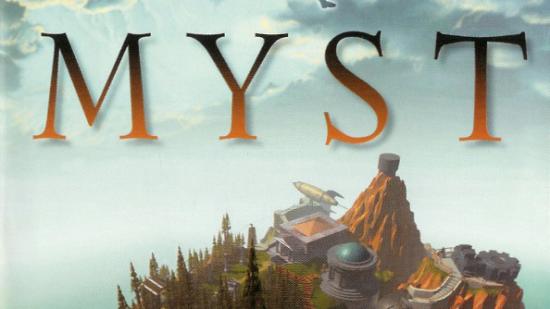According to a dispiriting and upsetting read from Ars Technica’s Kyle Orland, the Entertainment Software Association (the ESA, the people that hold E3 and often represent the game industry’s interests to lawmaking and regulatory bodies) took some time at E3 to explain why they want to make sure it continues to be illegal to host unofficial servers for dead games.
Despite the fact that it harms efforts of videogame archivists and all but ensures that many older games will simply vanish, the ESA wants the United States controversial Digital Millennium Copyright Act (DMCA) stays just as it is. Because, you see: “”There’s no such thing as an obsolete game.”
Orland and Ars deserve a lot of credit for opening up this line of questioning at a media event during E3 week. This isn’t a topic the industry or the media that cover it are particularly well set-up to address. E3 is all about the future of the new, but videogame preservation is an important topic. Especially for older console and handheld games, who were designed to run on very specific hardware and storage media.
ESA president and CEO Mike Gallagher was not too concerned about their fate, however, and explained why the ESA are fight the Electronic Frontier Foundation’s efforts to create an exception to the DMCA that would allow people to modify games and systems to revive servers for abandoned games.
“There’s no such thing as an obsolete game when you can revive it on any platform at any time. It’s digital,” Gallagher said. “From our perspective, there is no merit to the term ‘obsolete.’ There is no need to allow people to hack or otherwise open up these things or create competing economic enterprises.”
What’s clear from reading the whole article (and you should, it’s a great survey of what’s happening with copyright enforcement for old and outdated works) is that the ESA, like their membership, see games not as distinct creative works but as potentially intellectual properties that must always be under the exclusive control of game publishers. So if you’re running a Warhammer: Shadow of the Horned Rat fan site where people can download and play one of the earliest Warhammer PC strategy games (and a quietly revolutionary one in its own right) you’re offering a competing product to Total Warhammer.
This is, quite simply, absurd. But it’s the line the ESA takes with regard to copyright enforcement. And in this specific instance, they’re fighting to make sure that old multiplayer games stay dead once the publishers turn off the servers (or once Gamespy goes out of business, RIP)… all because one day, some day, a publisher MIGHT want to do something with that game. Or at least, the IP it’s based off of.
I get why the ESA has to stake out this position. Gallagher isn’t going to turn around to the publishers his organization represents and say, “Hey, gang, I’ve decided to be cooler about copyright so we’re not fighting to maintain your property rights on this issue.”
But this is a pretty terrible way to preserve a medium that’s already subject to massively disruptive technological change. Here on PC, we basically got lucky that a whole host of seminal LucasArts games fell into the hands of some Disney executives who apparently gave enough of a damn to see them widely distributed once again. But that took ages, and at least with the LucasArts classics there’s a clear market and fanbase for those games. What about stuff that wasn’t era-defining? What about games for console systems that are becoming increasingly scarce? Hell, even recent PC games are losing vast swathes of functionality as publishers try to push everyone toward this year’s model.
That the ESA is not a champion of games as cultural objects is evident. What’s depressing about their stance right now is they appear to be actively hostile to the people who want to keep old games alive and accessible long after the industry has moved on.
